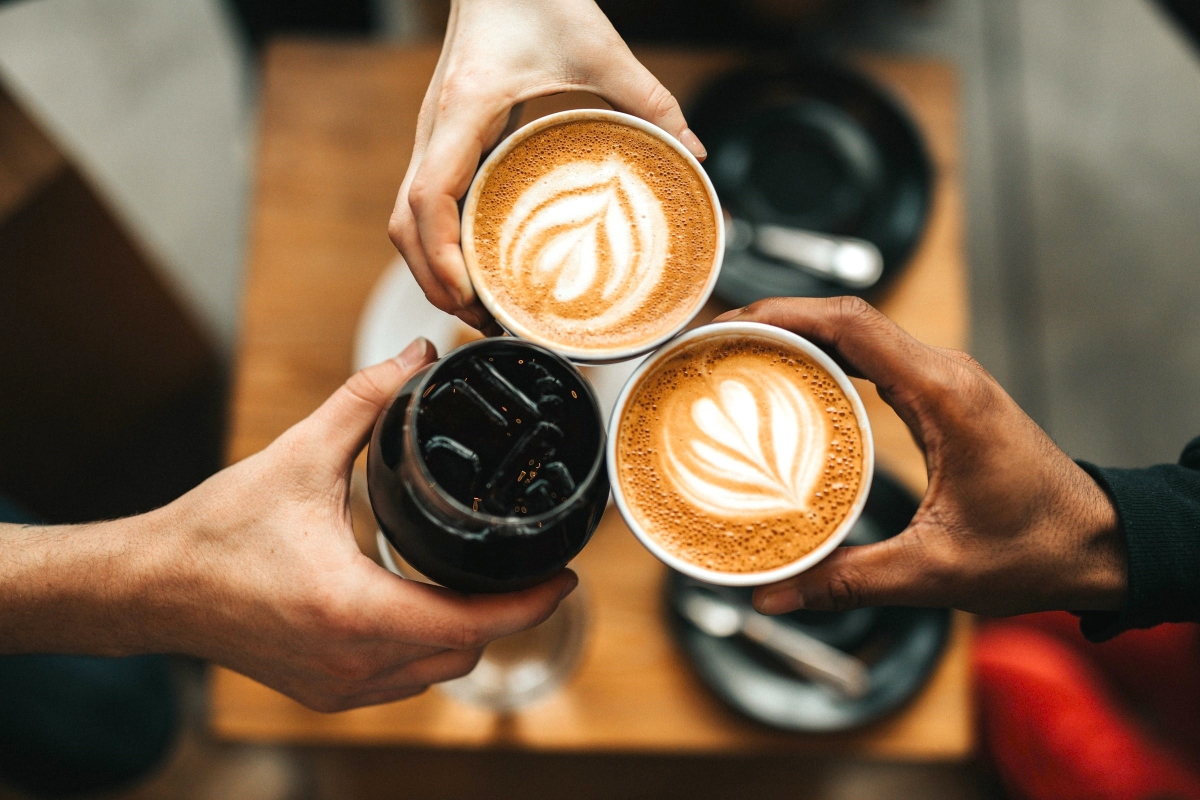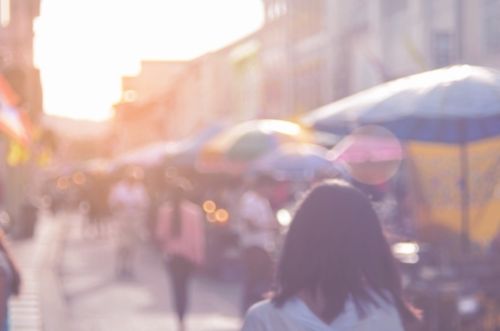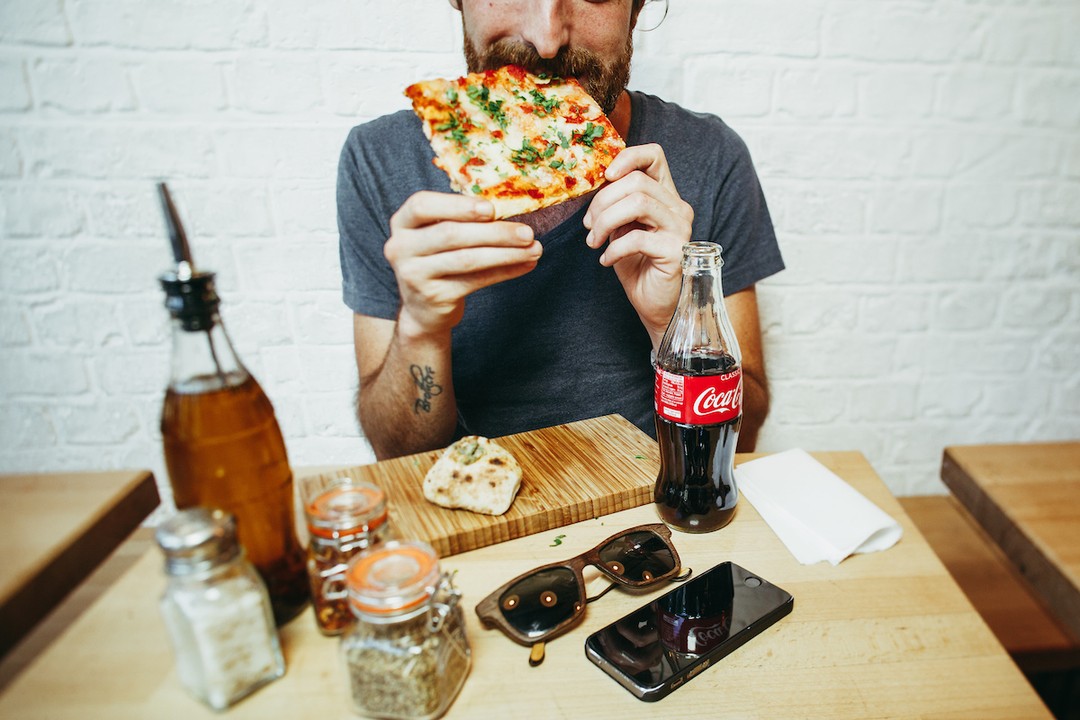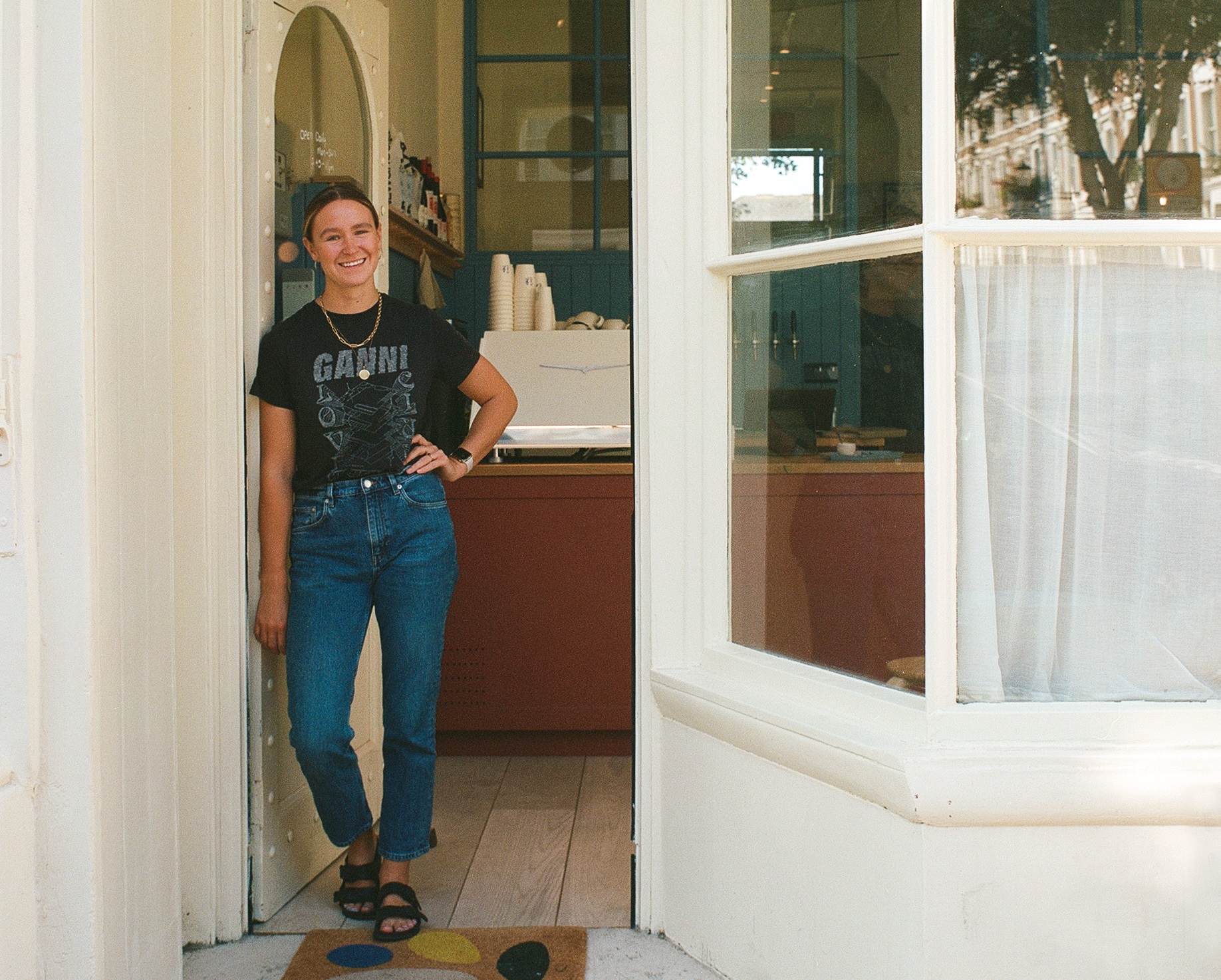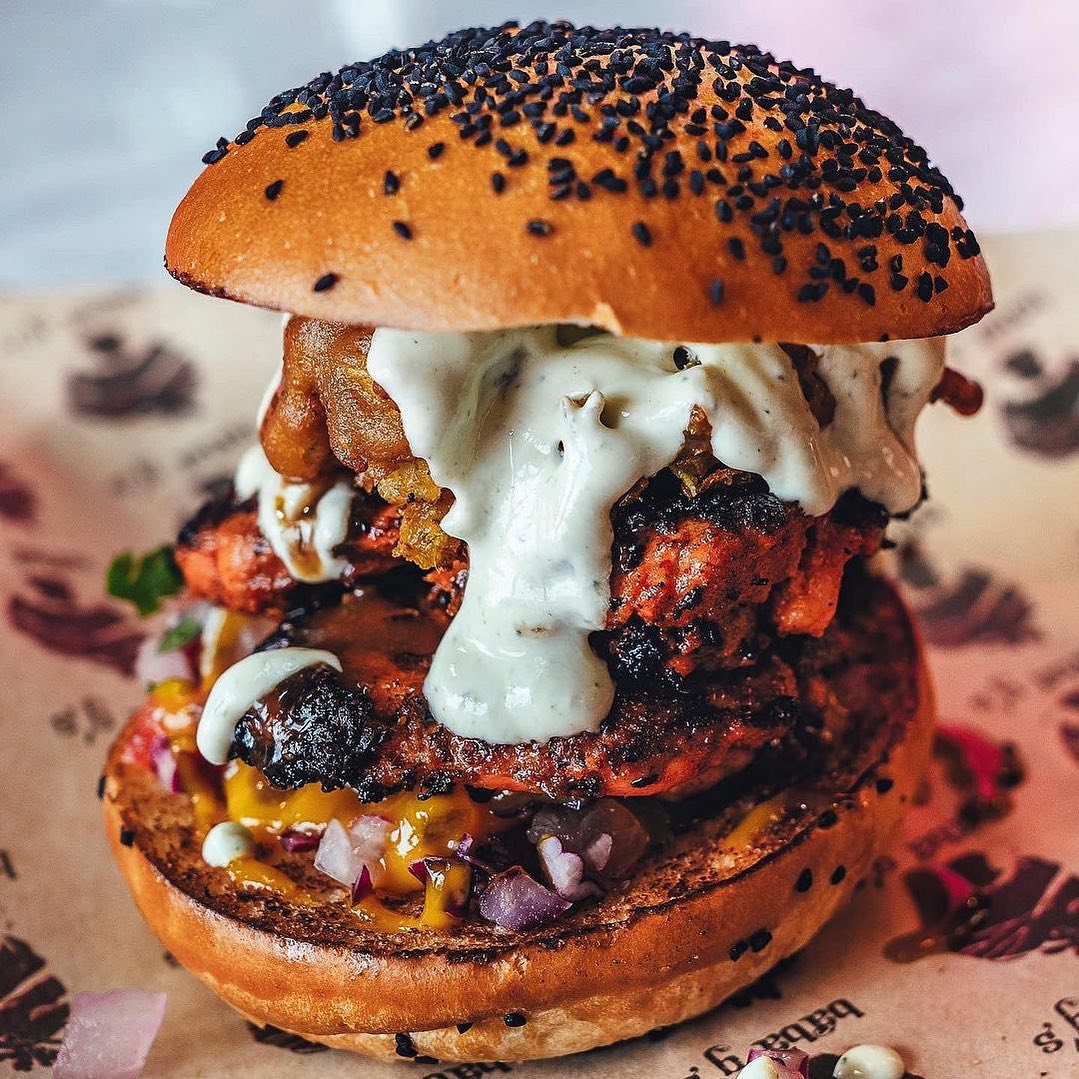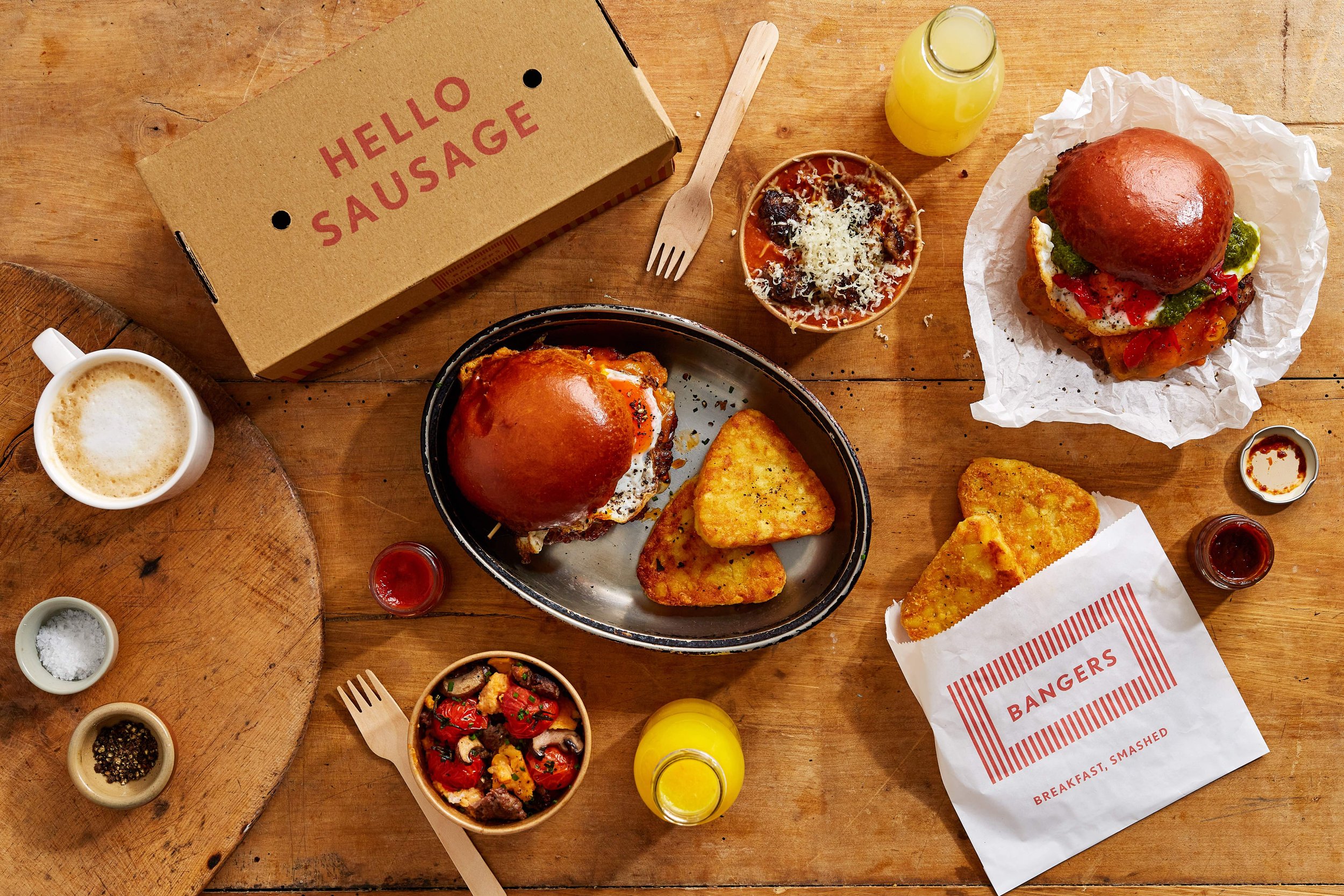Though today you would be hard-pressed to walk down a British high street without encountering at least a couple of coffee shops, this wasn’t always the case.
We can trace Britain’s relationship with coffee to the 16th century, after it became available in England largely through the efforts of the British East India Company and the Dutch East India Company. The very first coffeehouse in England is alleged to have opened in 1650 in Oxford, closely followed by the famous coffee-serving stall in St Michael’s churchyard, London.
The latter was opened by Pasqua Rosée, an Armenian-born servant of a British Levant Company merchant named Daniel Edwards. Rosée’s stall was conceived as a way of entertaining Edwards’ guests away from the home and was conveniently located near the Royal Exchange centre of commerce for ease of business. It very quickly became a hub for merchants to congregate each day; Within just two years, the stall would upgrade to a brick-and-mortar location.
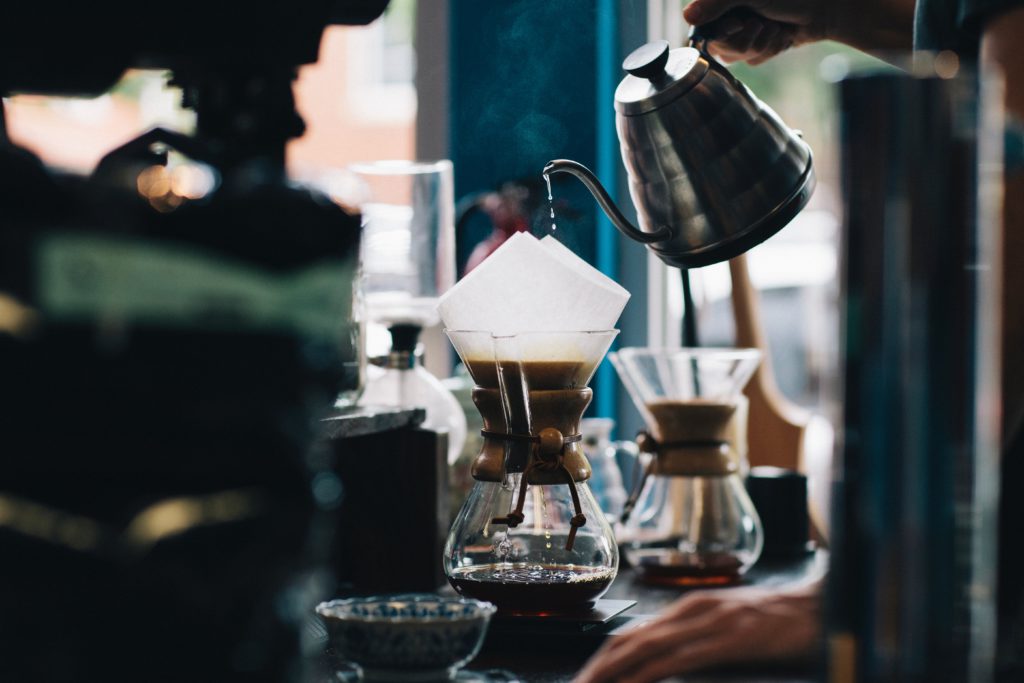
By 1675, coffeehouses had well and truly taken over. More than 3000 coffeehouses had opened throughout England, as their popularity spread throughout Europe and the drink was beginning to make its way to North America (it would take off in the 19th Century with Brazil’s rise as a coffee producer on the backs of slave labour – Brazil was the last country in the Western world to abolish slavery in 1888).
This explosion, particularly across the British capital, also played a key role in the early Enlightenment period: men would gather in coffeehouses to discuss business, news, politics, and share ideas. In contrast to the alehouse, the consumption of coffee created an atmosphere in which it was possible to engage in more serious (read: sober) conversation. As a result, coffeehouses also became known as ‘Penny Universities’, since the price of a cup of coffee was all it took to gain access to these social spaces.
Unsurprisingly, these democratised spaces were also a hotbed for dissent, leading to efforts to curb the consumption of coffee – from women’s movements spreading propaganda that connected the drink with male infertility, to the introduction of higher import taxes, to an attempt by King Charles II to end the sale of coffee in both coffeehouses and the home. However, the 1675 edict was short-lived, as the public outcry was immediate and impassioned.
As coffee continued to grow in popularity across 17th Century Europe, imperialist powers established coffee plantations in their colonies to export back to their homelands. France became one of the largest producers thanks to its plantations in Saint-Domingue (now Haiti) – by the 1760s, the enslaved people working the lands produced over half of the world’s coffee. That is until the Haitian revolution led to independence in 1804.
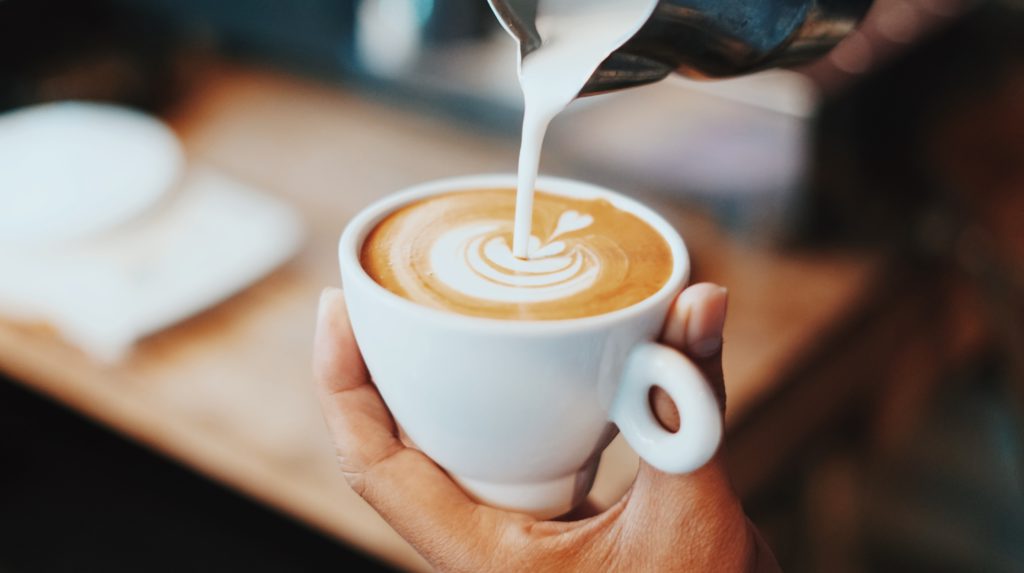
The war led to the destruction of over a thousand plantations which, compounded by the emancipation of Haiti’s former slaves, meant Haiti’s coffee industry collapsed and the cost of the bean shot up throughout the world.
It was a period of decline for coffee in Britain. The early 19th Century saw the British Empire attempt to expand its production in Ceylon (Sri Lanka) and India, but coffee rust decimated the colonies’ crops in less than a decade. The plantations were subsequently converted to tea growing (hence the now-famous Ceylon Tea), solidifying tea’s place as the British hot beverage of choice.
So, the British coffeehouse rose and fell. That is until it saw a resurgence in the mid-1990s. Between 1993 and 1997, the number of UK coffee outlets increased by 847 per cent – this marked the indisputable rebirth of coffeeshop culture in Britain, a trend that the industry is still riding today. The popularity of coffee shops was further cemented with the digital age when the advent of laptops freed some office workers from their desks. The 2008 recession then hit and stripped the high street of many retail shops, leaving cafes to fill those gaps – by providing wifi, coffee shops succeeded in establishing themselves as alternative spaces for work and socialising.
October 1st marks International Coffee Day. To celebrate the occasion, Hawkker has created a list of the best independent coffee shops in London for you to visit, and one of the best online sellers from which to source your beans.
You can also search for coffee shops near you or create your own list of your favourite spots over on Hawkker.
